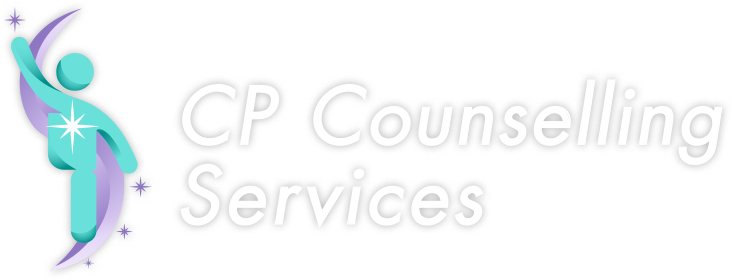Dr. Stephen Porges, is the originator of Polyvagal Theory, and he identified a biological order of human response that is active in all human experience. You see, we come into the world wired to connect. Even with our first breath, we are seeking and searching to feel safe in our bodies, in our environments, and in our relationships with others. Polyvagal Theory tells us that our autonomic nervous system is our personal surveillance system, and it’s always on guard. Its goal is to protect us by sensing safety and danger, listening moment by moment to what is happening in and around our bodies and in the connections we have with others. This sensing happens far below awareness and is not under our conscious control.
Are you lonely?
Loneliness is certainly not new here in Canada but the COVID-19 pandemic has certainly amplified the problem with increased social isolation and decreased social support. Any and all emotions can affect our physical health and loneliness is no exception. The U.S. Center for Disease Control and Prevention says there is a significant link with loneliness leading to dementia, heart disease, stroke and even premature death. An ongoing clinical trial by Mount Sinai Hospital here in Canada shows loneliness is as bad for you as smoking and may actually contribute to 45,000 deaths per year. Even if Covid were all gone tomorrow, loneliness would not be.
Are you suffering from "toxic" stress?
Stress is normal. It’s both a physiological and psychological response to a threat or a perceived threat. Normal stress is temporary in our lives and based on the situation at hand. It tends to resolve itself naturally. Toxic stress is different: it is frequent, chronic stress in the absence of adequate support, and has harmful and potentially lasting effects on a person’s physical and mental health.
Childhood emotional neglect
Childhood emotional neglect often remains unrecognized or unreported. Make no mistake, this is a form of maltreatment and can be devastating for the child and the adult they grow to be. When a child is in an environment that is not supportive over a long period of time, this can affect a child’s sense of self, their capacity to trust others, their ability to engage in healthy relationships and can even affect physical health.
Betrayal
Betrayal is when someone fails or deserts a person in a time of need. At some point in life, most people have felt betrayed by family or a working relationship however, betrayal by family can be particularly painful. These are the people we are supposed to be able to trust – at least that is what our expectations typically are.















